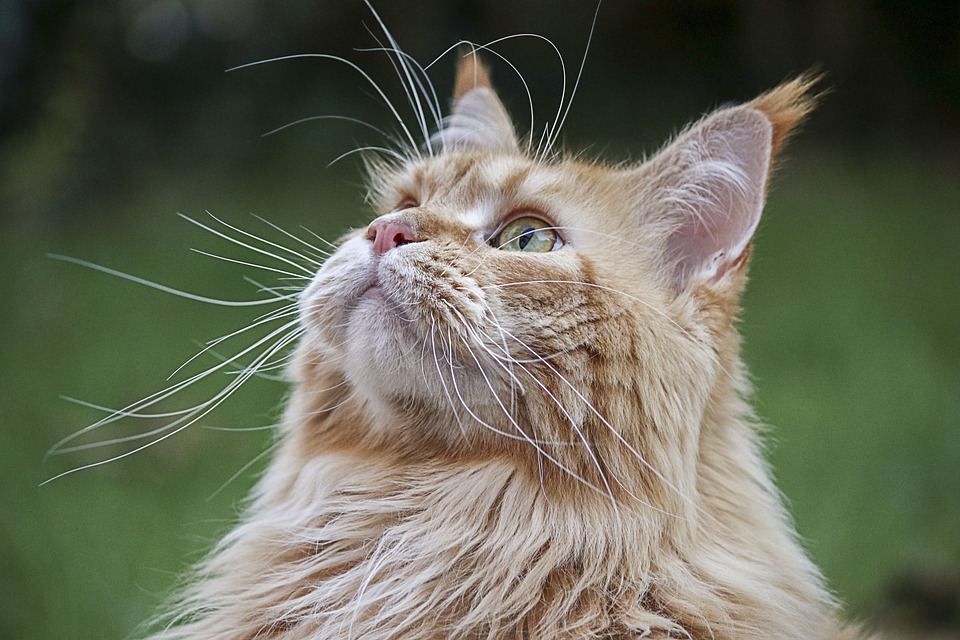As a cat owner, it’s important to understand and address the common issue of hairballs, especially if you have a long-haired or fine-furred cat. Hairballs occur when cats groom themselves, and their loose fur accumulates in their digestive system instead of passing through. While it’s normal for cats to have hairballs occasionally, excessive hairballs can lead to discomfort and potential health risks. In this article, we will explore effective measures to prevent and manage hairballs in cats with long and fine fur.
Understanding the Cause of Hairballs
Before diving into prevention and management, let’s briefly understand why hairballs occur. Cats have tiny hook-like structures on their tongues called papillae, which they use for grooming. During grooming, loose fur is collected on the tongue and swallowed. Most of the fur passes through the digestive system and is eliminated in the feces. However, some hair may accumulate in the stomach, forming hairballs.
Prevention Tips for Hairballs
Prevention is key when it comes to managing hairballs in cats. By implementing the following measures, you can significantly reduce the likelihood of hairball formation:
Regular Brushing
Brushing your cat’s fur regularly is crucial for preventing hairballs. This practice helps to remove loose and dead hair before your cat ingests it during grooming. Long-haired cats may require daily brushing, while fine-furred cats may only need brushing a few times a week. Opt for a slicker brush or a comb that suits your cat’s fur type.
Hairball Control Diet
Providing your cat with a hairball control diet can aid in preventing hairballs. These specialized diets are formulated with added fiber, which helps to move hair through the digestive system more effectively. Consult your veterinarian to determine the most suitable hairball control diet for your cat.
Hydration
Ensuring your cat stays hydrated is essential for maintaining good overall health and preventing hairballs. Dehydrated cats often experience constipation, which can aggravate hairball formation. Encourage your cat to drink water by providing fresh water sources and considering a cat water fountain, which may attract them to drink more.
Regular Exercise
Regular exercise not only keeps your cat fit but also helps to stimulate their digestive system. Engage your cat in playtime and provide toys that encourage physical activity. This can reduce hairball formation by promoting healthy digestion and bowel movements.
Managing Hairballs
While prevention is ideal, it’s important to know how to manage hairballs when they do occur. Here are a few strategies to help your cat safely pass hairballs:
Specialized Hairball Remedies
Consult your veterinarian about hairball remedies specially formulated for cats. These remedies are typically in the form of oral gels or lubricants that help hairballs pass through the digestive system more easily. Follow your veterinarian’s instructions carefully when administering these remedies.
Regular Grooming
If your cat is prone to hairballs, increased grooming can help manage the situation. By brushing your cat’s fur more frequently, you can minimize the amount of hair they ingest during grooming.
Dietary Fiber Supplements
Your veterinarian may recommend adding a dietary fiber supplement to your cat’s diet. These supplements work by adding bulk to the stool, promoting regular bowel movements and reducing the likelihood of hairball formation.
FAQs about Hairballs in Cats with Long and Fine Fur
Q: Are hairballs dangerous for cats?
A: Hairballs are usually harmless and can be managed easily. However, if your cat is frequently vomiting, experiencing loss of appetite, or showing signs of distress, it’s important to consult your veterinarian.
Q: Can I use human hairball remedies for my cat?
A: No, human hairball remedies are not suitable for cats. Always consult your veterinarian for appropriate remedies or treatments.
Q: How often should I groom my long-haired cat?
A: Long-haired cats generally require daily grooming to prevent excessive hair accumulation and hairballs. However, the frequency may vary depending on your cat’s individual needs.
Remember, if you have any concerns about your cat’s hairballs or overall health, it’s always best to consult your veterinarian for personalized advice and guidance. By understanding the causes, implementing preventive measures, and effectively managing hairballs, you can help your cat lead a comfortable and hairball-free life.








